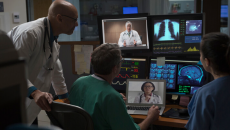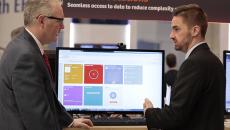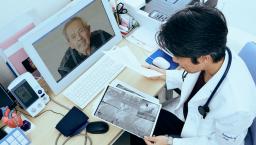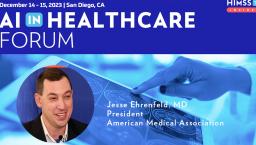Precision Medicine
Personalized medicine is constantly evolving, and the technologies it relies on are advancing rapidly. In this environment, the associated challenges are numerous and complex. Overcoming them often requires fresh eyes and multiple perspectives.
AI, augmented reality, biomedical sensors and beyond – by mapping out a clear vision now, we can widen our ambitions and improve modernization strategies to better harness the vast potential offered by technology advances.
This is the second article in a series regarding process-based opportunities as the healthcare industry begins to emerge from the challenges of the pandemic.
From vaccines to virtual care, enterprise imaging to precision medicine, these are the growth areas that will shape the direction of healthcare, this year and beyond.
Health and care have been inexorably moving toward a new paradigm – one where the nature of the interactions is more personalised and they require the person to be more active in their pursuit of reducing risks that have an adverse effect upon the development of non-communicable diseases, says Dr Charles Alessi, chief clinical officer...
What are the issues that will make up the agenda over the next few years?
It's hard for me to believe, but I’ve been at Penn Medicine for 13 years. There has been a remarkable amount of change, growth, and learning that has occurred both within my organization and in myself during this time.
When EHRs can learn – gather and remember – what works best for each user, they can attain maximum efficiency.
Actionable insights and intelligent health care experiences lead to personalized care and improved operations for providers.
Allowing patients to become partners with practitioners in their care is where an effective wellness plan and prevention starts.


























